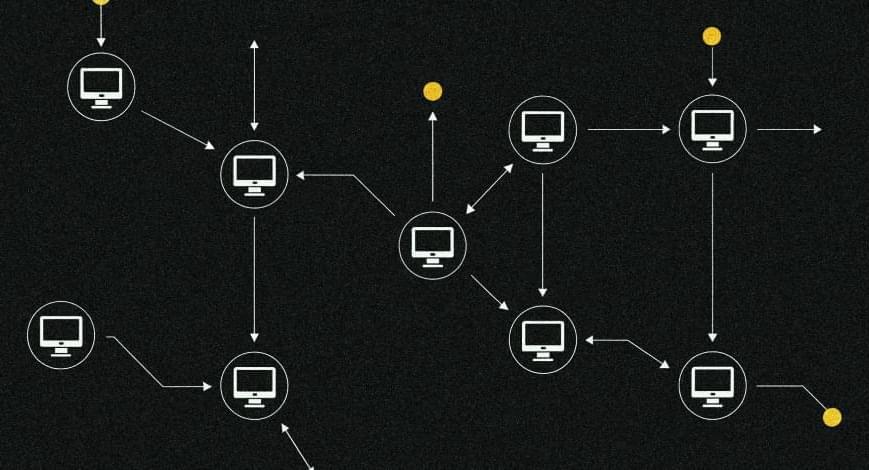A phishing campaign is using a fake Google Account security page to deliver a web-based app capable of stealing one-time passcodes, harvesting cryptocurrency wallet addresses, and proxying attacker traffic through victims’ browsers.
The attack leverages Progressive Web App (PWA) features and social engineering to deceive users into believing they are interacting with a legitimate Google Security web page and inadvertently installing the malware.
PWAs run in the browser and can be installed from a website, just like a standalone regular application, which is displayed in its own window without any visible browser controls.









